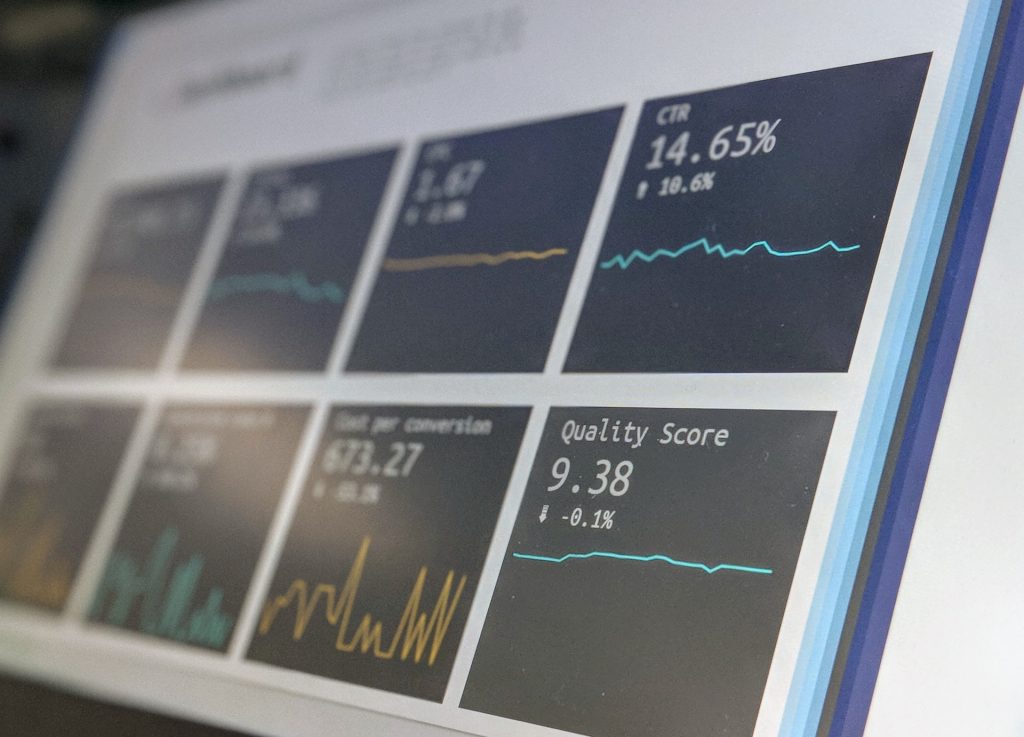As a Financial Planning & Analysis (FP&A) manager, you’re no stranger to the complexities of budgeting. It’s a process that demands precision, foresight, and a deep understanding of your organization’s financial health. But what if there was a way to make this process more efficient, accurate, and insightful? Enter the world of Artificial Intelligence (AI).
AI has been making waves across various industries, and finance is no exception. Companies like IBM with their Watson AI, and OpenAI with their GPT-3 model, have been at the forefront of this revolution, offering solutions that can process vast amounts of data quickly and accurately. In this post, we’ll explore how you can harness the power of AI to revolutionize your budgeting process.
AI for Budgeting: The Basics
AI in budgeting primarily involves using machine learning algorithms to analyze historical data and predict future financial outcomes. These algorithms can process and learn from vast amounts of data, identifying patterns and trends that would be impossible for a human to detect.
For instance, IBM’s Watson offers a predictive analytics feature that can analyze historical financial data and generate accurate budget forecasts. Similarly, OpenAI’s GPT-3 model can be used to create sophisticated AI assistants that can help you navigate your financial planning with ease.
The Benefits of AI for Budgeting
AI offers several benefits that can significantly enhance your budgeting process:
- Efficiency: AI can process large amounts of data much faster than a human, reducing the time spent on data analysis and forecasting.
- Accuracy: AI algorithms learn from past data, which allows them to make highly accurate predictions about future financial outcomes.
- Insight: AI can identify patterns and trends in your financial data, providing you with valuable insights that can inform your strategic decision-making.
Implementing AI in Your Budgeting Process
Understanding the Need for AI in Your Budgeting Process
Before diving into the implementation of AI in your budgeting process, it’s crucial to understand why it’s needed. AI can help address several challenges in budgeting, including the time-consuming nature of data analysis, the difficulty of accurate forecasting, and the need for real-time insights. By identifying the specific areas where your budgeting process could benefit from AI, you can ensure that the implementation is tailored to your organization’s needs.
Choosing the Right AI Tools
There are numerous AI tools available in the market, each with its own strengths and capabilities. For instance, IBM’s Watson offers robust predictive analytics features, while Google’s AutoML Tables provides a user-friendly platform for developing your own machine learning models.
When choosing an AI tool, consider factors such as its compatibility with your existing systems, the level of technical expertise required to use it, and the specific features it offers. It’s also important to consider the tool’s scalability – as your organization grows, you’ll want an AI tool that can grow with it.
Integrating AI Tools into Your Existing Systems
Once you’ve chosen an AI tool, the next step is to integrate it into your existing budgeting systems. This may involve importing your financial data into the AI tool, configuring the tool to analyze this data, and setting up any necessary integrations with other systems.
Keep in mind that this process may require technical expertise, so it’s a good idea to involve your IT team or hire an external consultant if necessary. It’s also important to thoroughly test the AI tool before fully integrating it into your budgeting process to ensure it’s working correctly and providing accurate insights.
Training Your Team
Implementing AI in your budgeting process isn’t just about the technology – it’s also about the people who will be using it. To ensure a successful implementation, it’s crucial to provide your team with the necessary training.
This could involve training sessions on how to use the AI tool, workshops on understanding the insights provided by the tool, and ongoing support to address any questions or challenges that arise. By empowering your team with the knowledge and skills to effectively use AI, you can ensure that your organization reaps the full benefits of this technology.
In conclusion, implementing AI in your budgeting process is a multi-faceted task that involves understanding your needs, choosing the right tools, integrating these tools into your existing systems, and training your team. By carefully navigating these steps, you can harness the power of AI to make your budgeting process more efficient, accurate, and insightful.
Implementing involves integrating AI-powered tools into your existing financial planning software. For instance, you could use an AI-powered add-on like the one offered by AI Budgeting Tools. This add-on is designed to be user-friendly, so you don’t need to be a tech expert to use it. Simply enter your OpenAI API key, and the add-on does the rest.
Tips for Harnessing AI in Budgeting
Here are some tips to help you harness the power of AI in your budgeting process:
- Start Small: Start by implementing AI in one aspect of your budgeting process, such as data analysis or forecasting. This will allow you to get a feel for how AI can benefit your organization without overwhelming your team.
- Train Your Team: Ensure your team is trained on how to use AI tools. This will ensure they can make the most of these tools and avoid any potential pitfalls.
- Leverage Real-Time Data: AI tools can process real-time data, providing you with up-to-date insights. Make sure you’re leveraging this capability to make informed decisions.
- Use Interactive Features: Many AI tools offer interactive features that allow you to ask specific questions about your data. Use these features to gain tailored insights.
In conclusion, AI offers a powerful tool for FP&A managers looking to enhance their budgeting process. By harnessing the power of AI, you can make your budgeting process more efficient, accurate, and insightful. So why wait? Embrace the future of financial planning today and experience the difference AI can make in your budget forecasting process.



